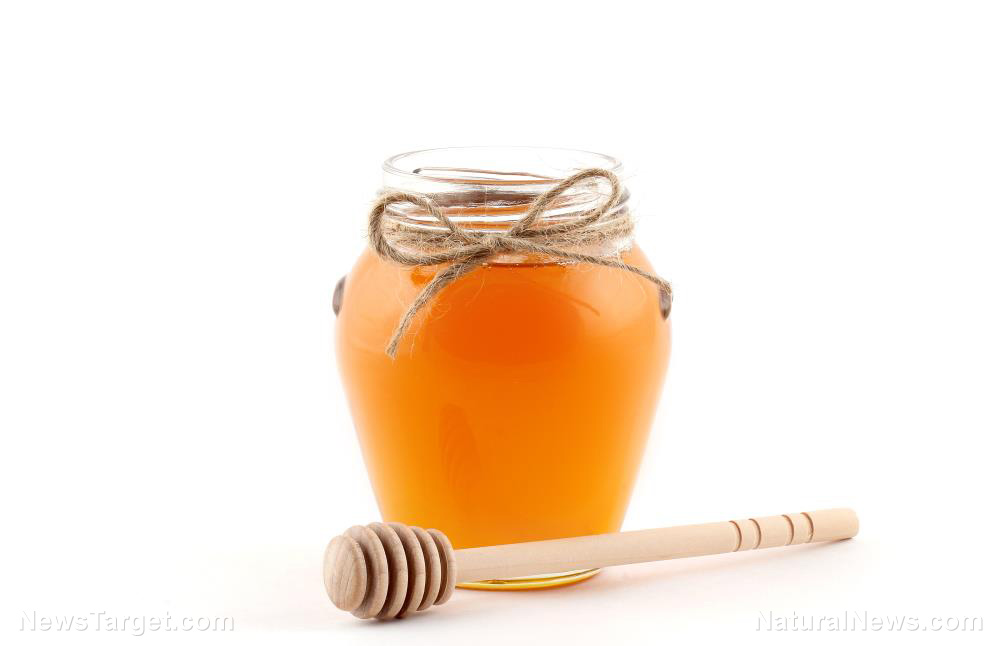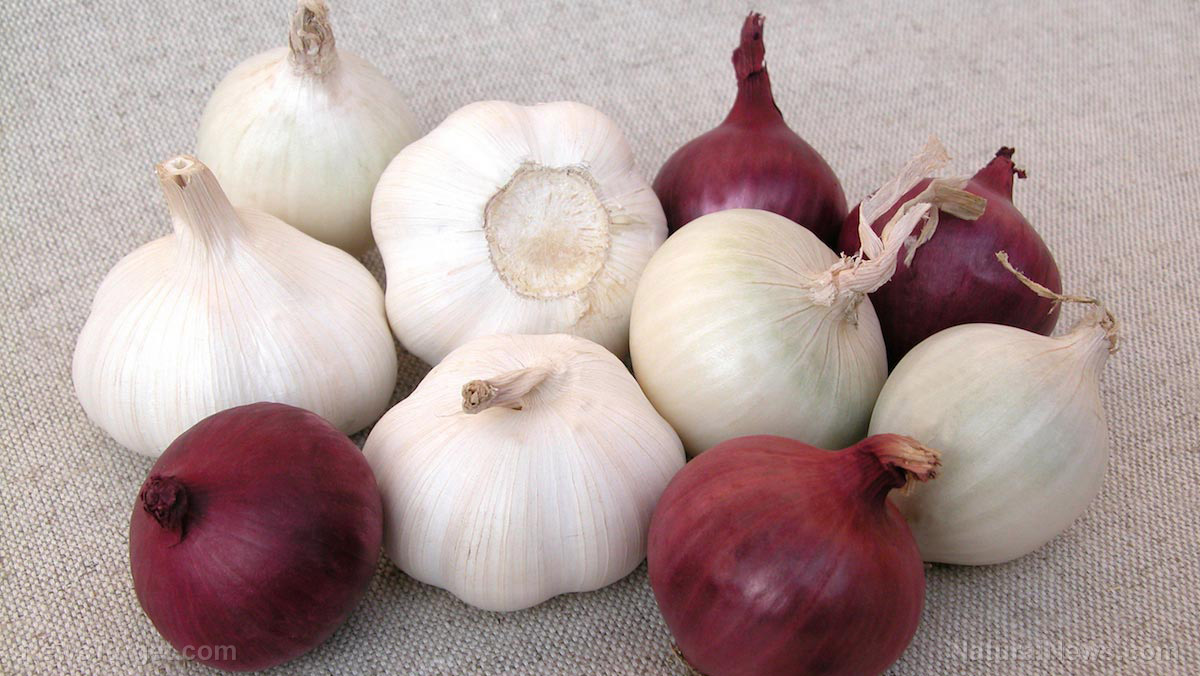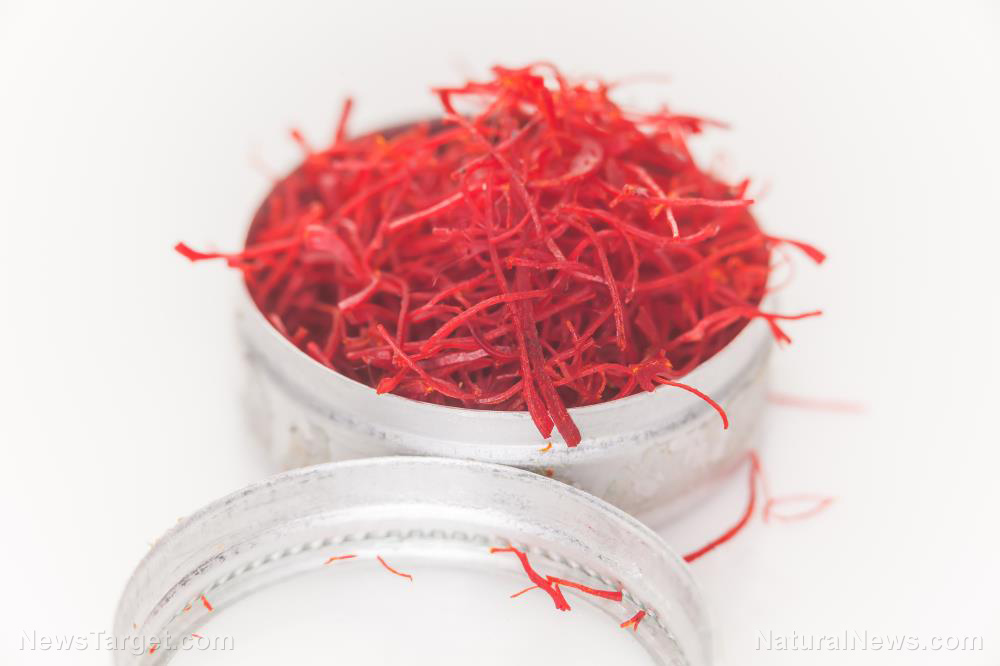Chamomile tea is not just for promoting sleep; it has other health benefits as well
10/03/2018 / By Ellaine Castillo

People who suffer from insomnia or anyone else who has trouble falling asleep may have heard of chamomile tea. Although it’s most famous for enhancing sleep quality, chamomile tea has many other promising health benefits.
Chamomile tea, which is brewed from the flowers of chamomile (Matricaria chamomilla), was traditionally used for the treatment of various health conditions. It is rich in compounds such as flavonoids and chamazulene, that contribute to its bioactivity. Flavonoids are potent antioxidants that are responsible for the vibrant colors observed in some fruits. Meanwhile, chamazulene is an aromatic compound known for its anti-inflammatory and analgesic properties.
Countless studies have been conducted to determine the effectiveness of chamomile compared to other treatments. Researchers have discovered the potential use of chamomile tea for treating the following conditions:
- Insomnia – Starting with its most common use, chamomile tea has been proven to work as a mild sedative to promote better sleep in individuals with insomnia. This can be attributed to the presence of flavonoids that bind to receptors in the brain associated with reduced excitability. Aside from chamomile tea, chamomile oil is also effective in calming individuals.
- Gastrointestinal disorders – Chamomile tea has been observed to have anti-spasmodic properties that cause relaxation of the muscles in the intestines. Since the muscles are relaxed, conditions like acid reflux, stomach cramps, indigestion, and flatulence are avoided. Additionally, stomach acid and inflammatory leukotrienes are also reduced thereby preventing gastric ulcers from developing.
- Depression and anxiety – Studies have shown that giving chamomile extracts to patients with depression and anxiety improves the symptoms of these mental health problems. In addition to this, the effects of chamomile tea increased over time, even without increasing the dosage. This therapeutic effect can also be attributed to the same mechanism involved in chamomile tea’s sedative effect.
- Cancer – There are over 28 different terpenoids and 36 different flavonoids found in chamomile tea. These compounds have been shown to have potent antioxidants and anti-inflammatory properties that prevent cancer. Apigenin, a specific flavonoid in chamomile tea, has also been shown to inhibit tumor growth and induce cancer cell death. Specific types of cancer that have been exhibited positive response against chamomile treatment, include prostate, skin, thyroid, and stomach cancers.
- Diabetes – It has been observed that chamomile tea has the ability to reduce blood sugar levels and increase liver glycogen storage. Aside from these, chamomile tea can also protect the pancreas from oxidative stress. This allows the pancreas to retain their normal function in producing insulin, which is important for regulating blood sugar level.
- Infectious diseases – Due to its antibacterial properties, chamomile tea can be used as a mouthwash for treating oral infections, such as canker sores. Additionally, chamomile tea can also be used to promote healing in wounds, minor burns, eczema, and diaper rash.
- Menstrual pain – Women who participated in a study were shown to have reduced menstrual pain after taking chamomile tea for a month. Aside from this, they also experienced reduced anxiety and distress during their period.
Chamomile tea has great potential as an alternative treatment for the aforementioned diseases, especially since it is cheap, accessible, and effective. Although there may be some people who can’t take chamomile tea, it is generally a safe alternative for most people. (Related: Chamomile tea side effects that you should know about.)
Learn more about the health benefits of chamomile tea by visiting Herbs.news today.
Sources include:
Tagged Under: Anxiety, Apigenin, cancer, chamazulene, chamomile, chamomile extract, chamomile tea, depression, diabetes, flavonoids, gastrointestinal disorder, infectious diseases, insomnia, Matricaria chamomilla, menstrual pain, natural cures, natural medicines, natural remedies



















